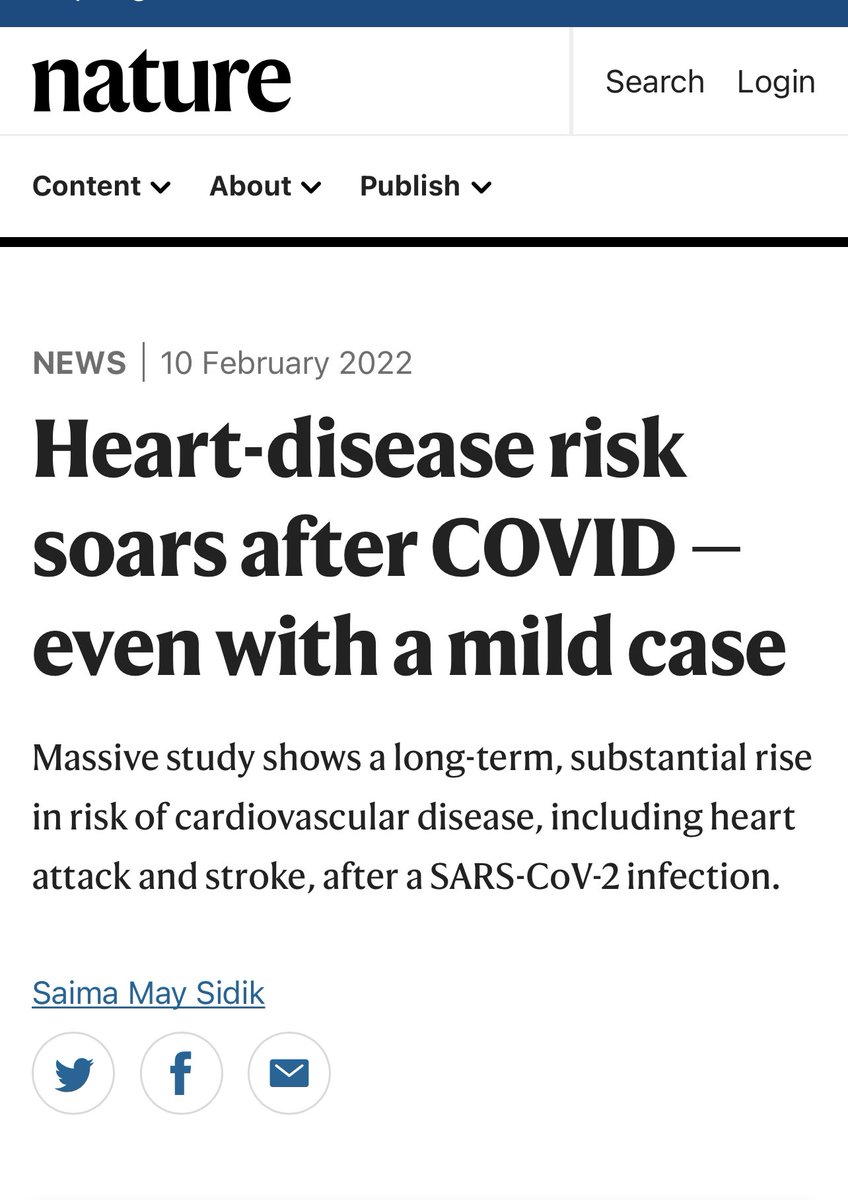
1/ Yesterday CDC recommended that hospitals & healthcare facilities allow patients to keep their own N95 masks on
Some would think by now, these facilities should be offering visitors these respirators during a pandemic— but we are celebrating just being allowed to wear our own
Some would think by now, these facilities should be offering visitors these respirators during a pandemic— but we are celebrating just being allowed to wear our own
2/ The science has not changed. The policy has lagged behind for two years. People are appropriately frustrated. More broadly, policy & comms around N95 masks have lagged for the community too, where ventilation standards are poorer and the average mask 👎🏼 than in the hospital
3/ Very simply— in a pandemic of a respiratory airborne virus, equipping the public with better masks— notably, respirators— should not be a huge point of debate. It’s a low hanging fruit
4/ Yes, some won’t wear them all the time. Some won’t have the perfect fit. But you need to focus on high risk settings, not the strawman “all the time”
And cloth/surgical masks aren’t fitted either. N95 by design will have less leakage than loose earloop masks
And cloth/surgical masks aren’t fitted either. N95 by design will have less leakage than loose earloop masks
5/ Personally have tried many models & the 3M Vflex is the most comfortable IMO
When the USG was pushing out free N95s, they should have approached it pragmatically— which of these models will the public find most useable, comfortable on the face, & breathable?
When the USG was pushing out free N95s, they should have approached it pragmatically— which of these models will the public find most useable, comfortable on the face, & breathable?
6/ Instead, they seem to have put out a number of older cup style designs, & not nearly to the scale needed (& notably when the Omicron peak was passing)
7/ Lots of lessons to be learned for the next future wave on this front — even just with regard to masks! Hopeful that we now have @ashishkjha leading the front & who has been a big proponent of #bettermasks & respiratory protection for the public
• • •
Missing some Tweet in this thread? You can try to
force a refresh













